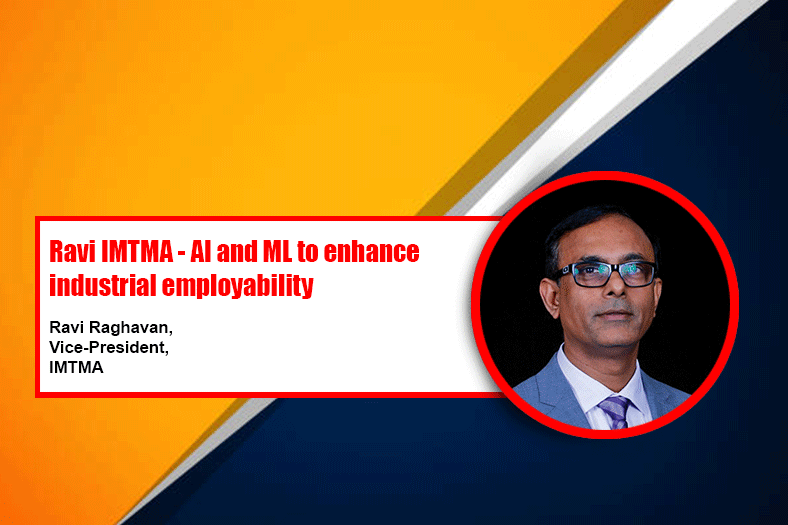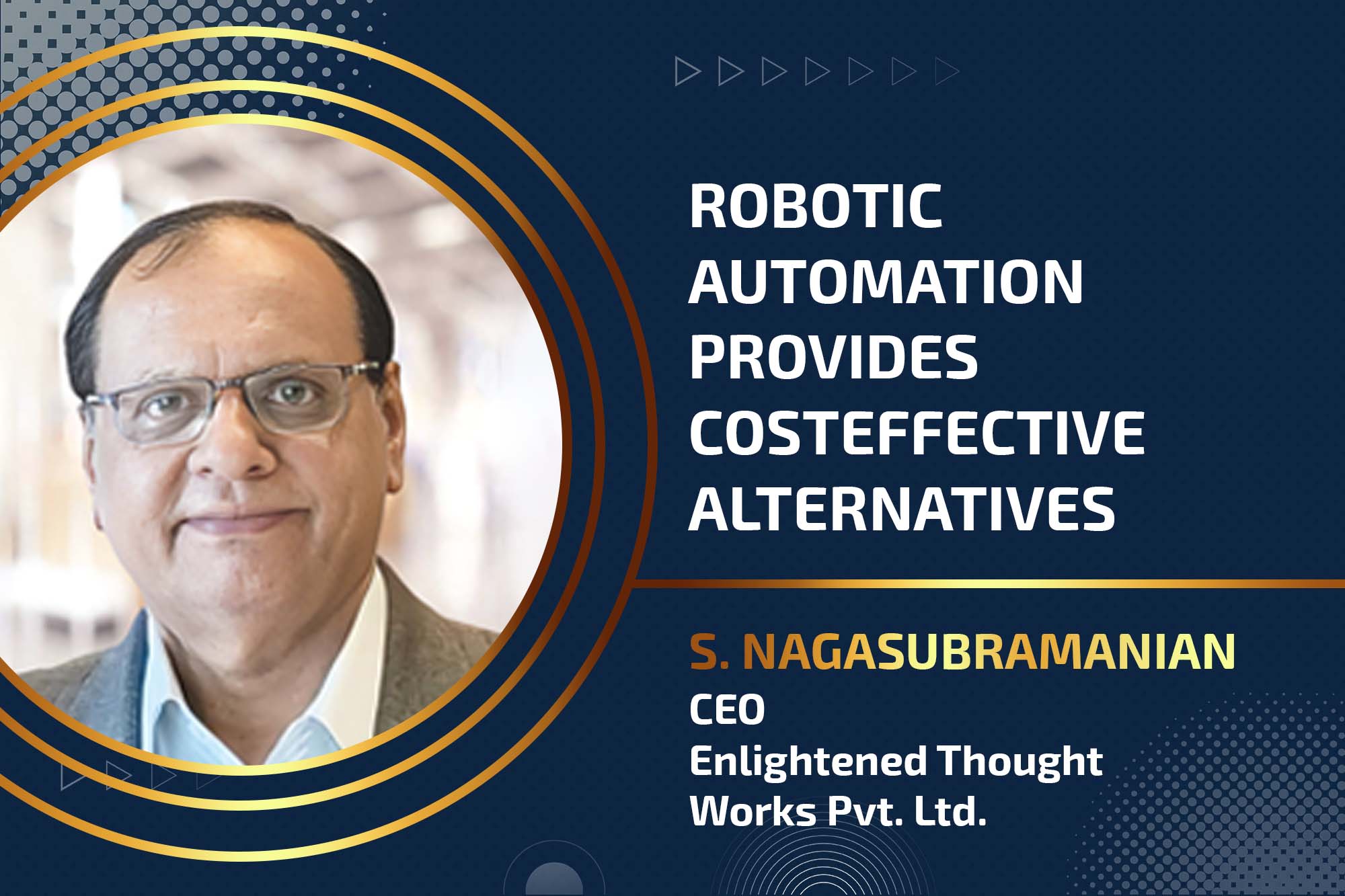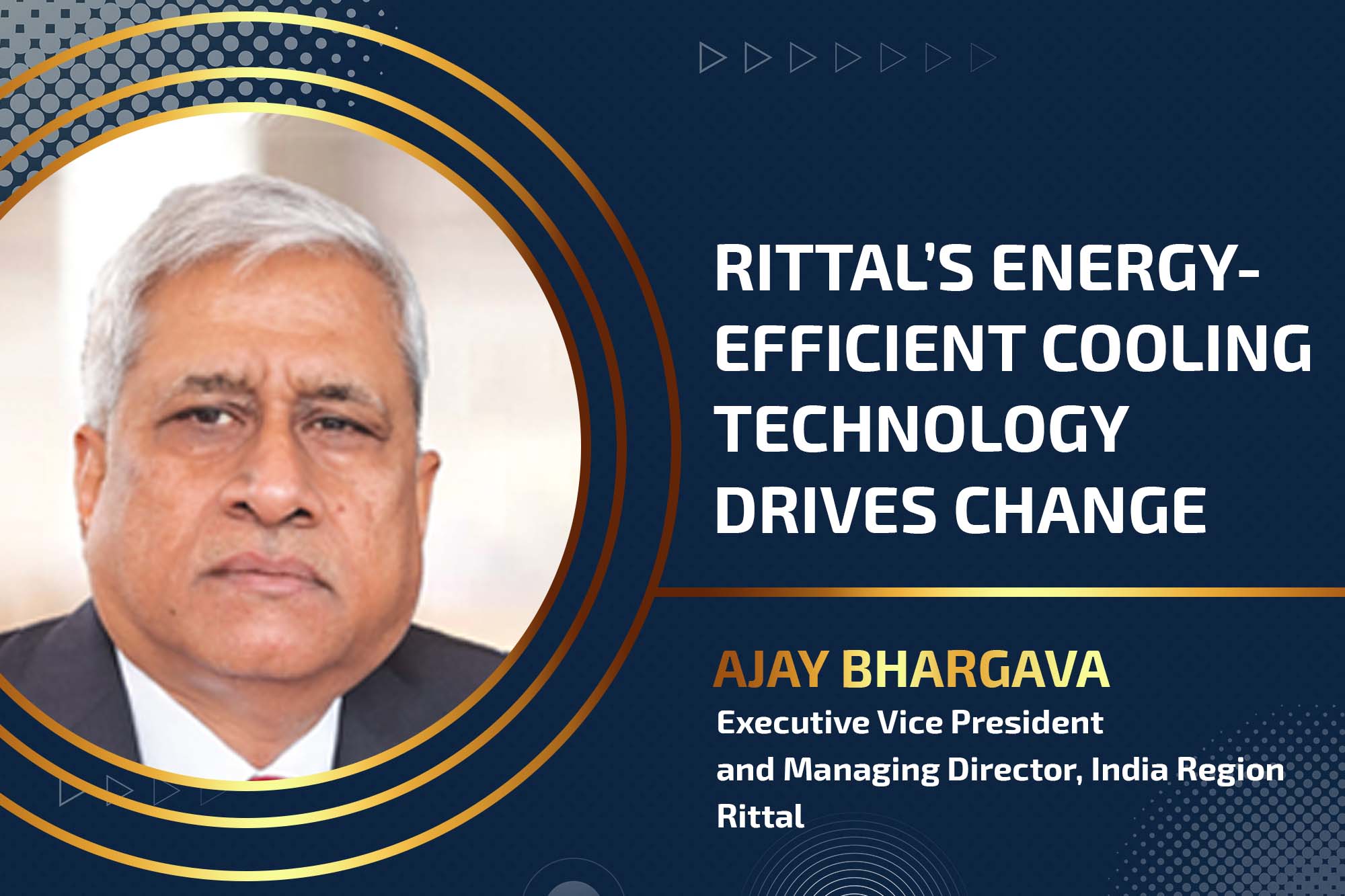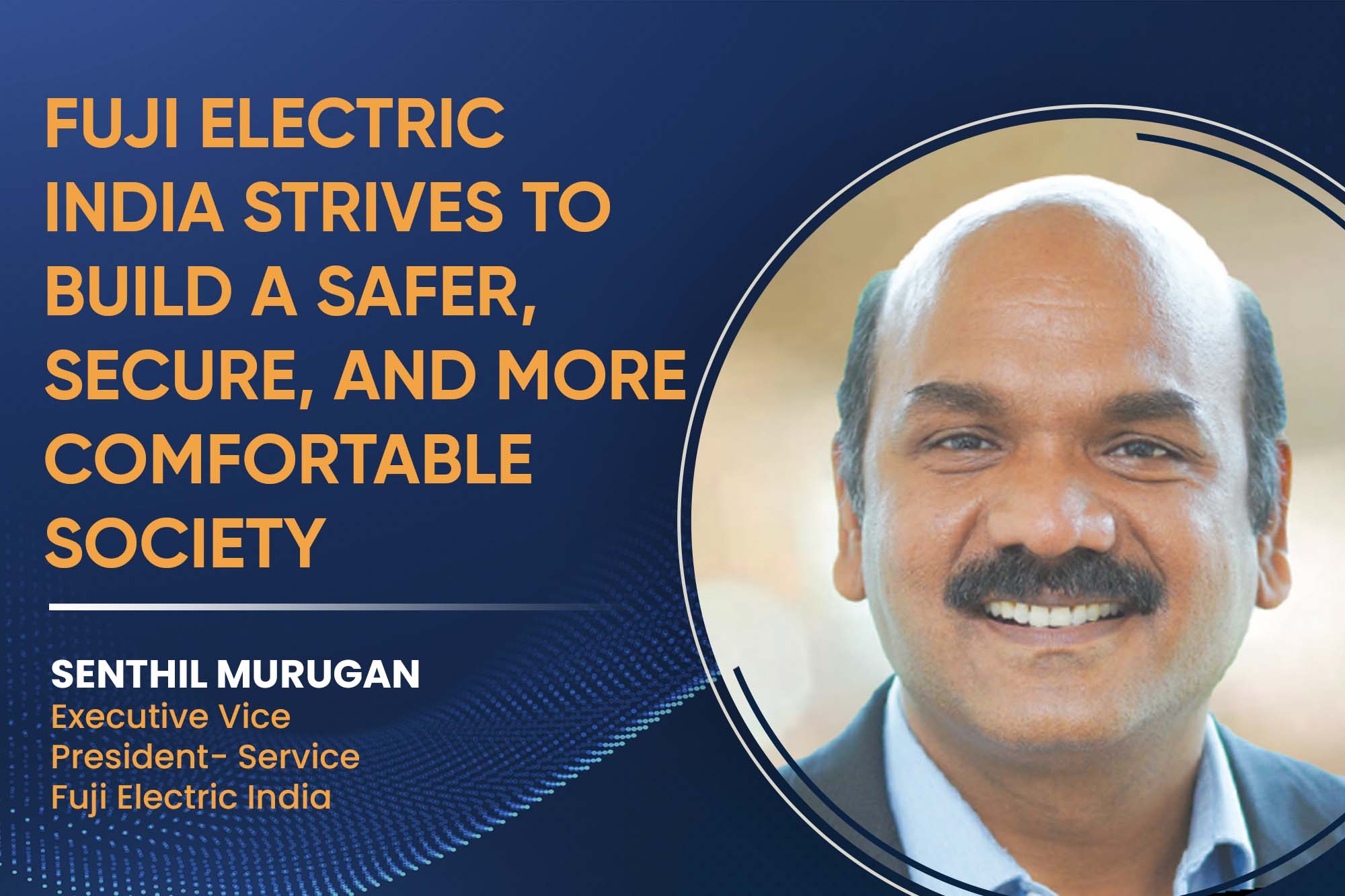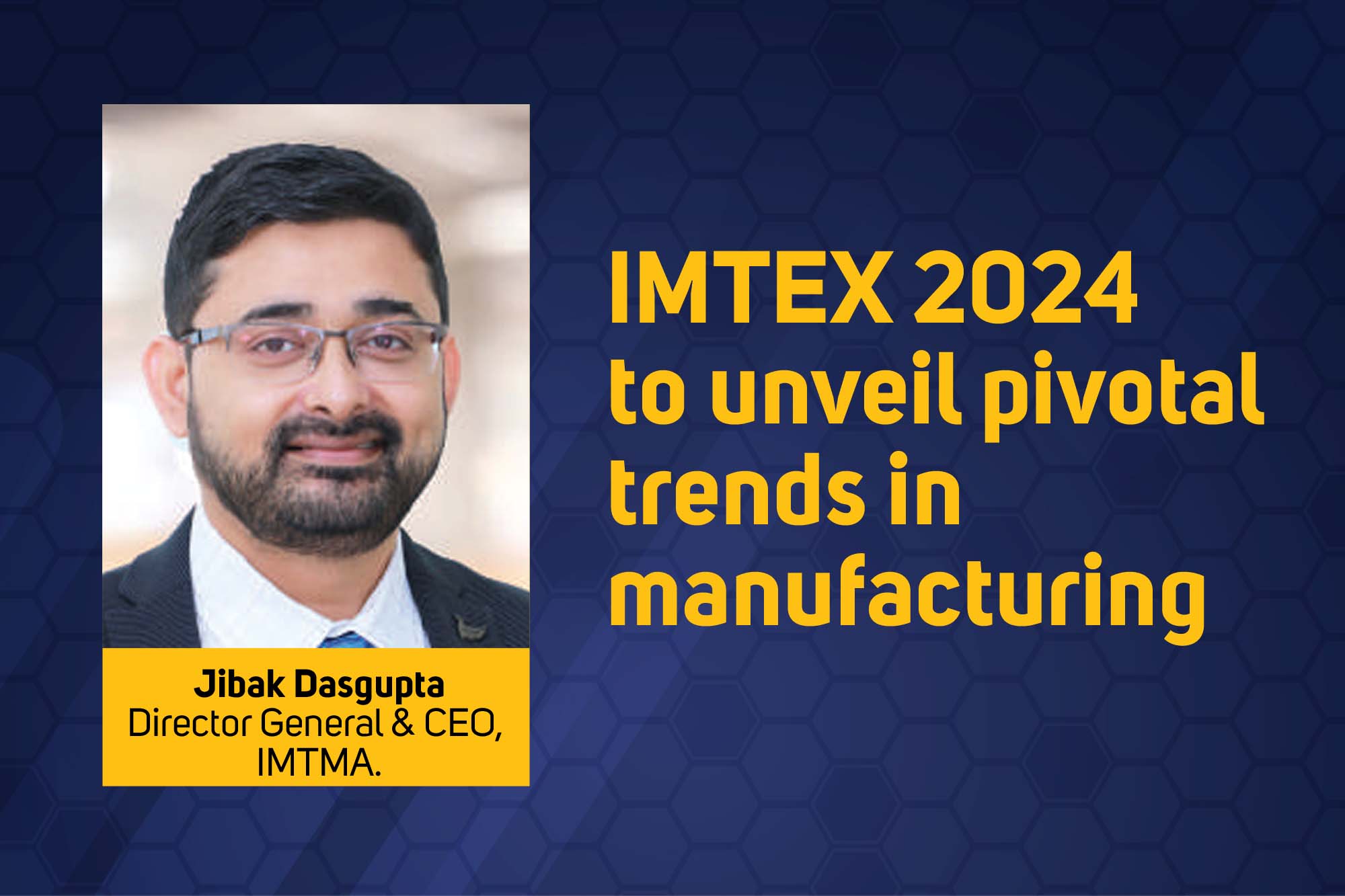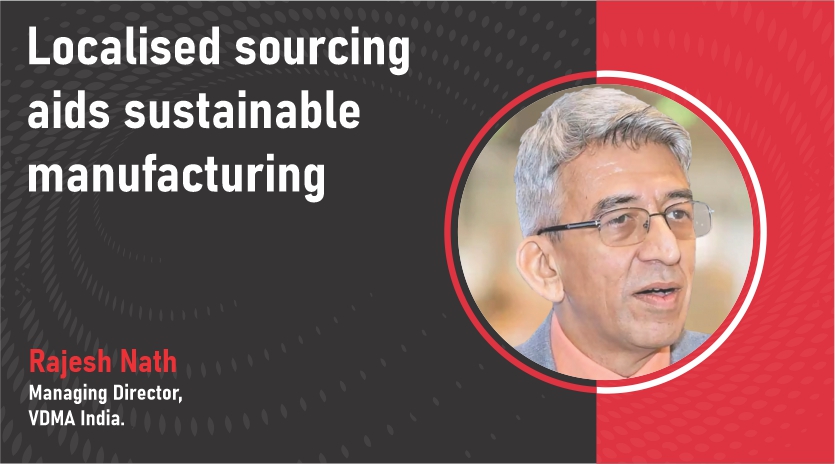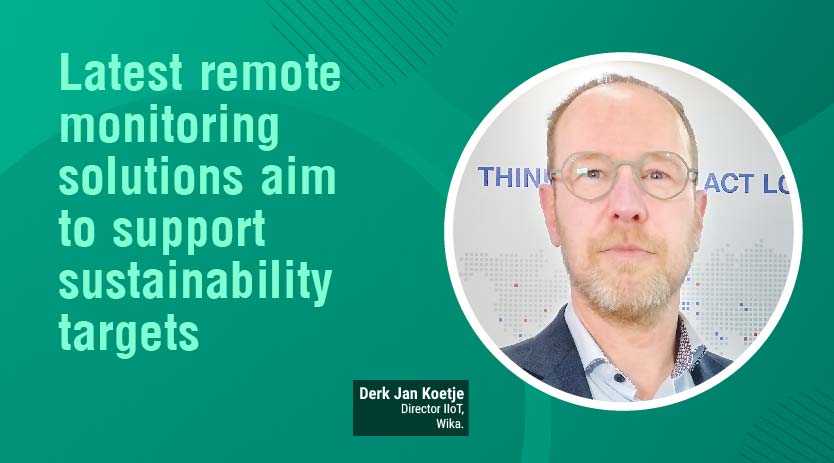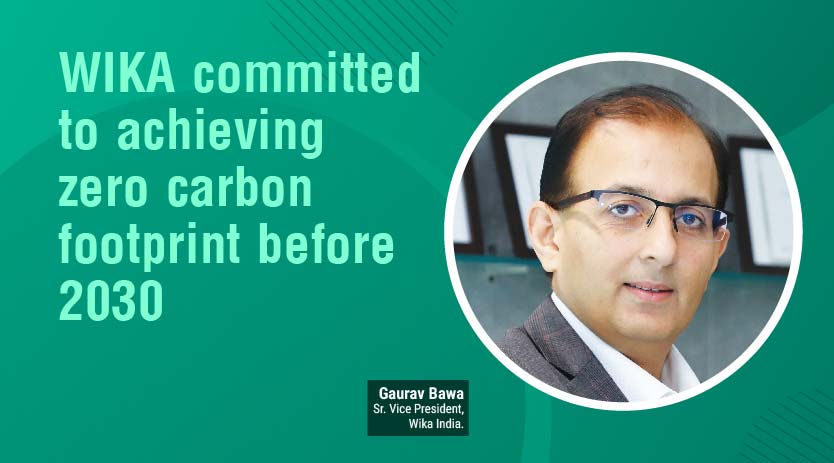AI and ML to enhance Industrial Employability
By OEM Update Editorial March 3, 2021 5:59 pm IST
Ravi Raghavan, Vice-President, IMTMA, talks about the impacts of digitisation and newer technologies, that have been transforming the entire outlook of India’s manufacturing sector for the coming years.
How do challenges of deployment of AI and ML in New Age digitalisation enhancing machine reliability?
I think, new age digitalisation with AI and ML is going to be the way forward. The issue today is, technology and products are moving in two different paths, and there is no convergence yet. And when conduct remote monitoring, preventive maintenance, AI has vital role to play, and it and it has already started. If you take companies like ours, we have hired 100 people last year and almost 40-50 people has a background of ML, AI, deep learning etc., as these technologies has become an integral part of machine, and it’s not a mechanical product. So that’s going to increase the efficiency and connectivity between the companies and products. We must also understand that going forward companies will no more be the winners; it could be either the entire supply chain or companies with best supply chain upwards and downstream. So, the connectivity can only happen only with the technology tools and that’s coming up in the machine tools sector.
How are the traditional Indian businesses embracing these technologies?
I think people were a bit hesitant during the earlier day but now they have been successful case studies, I can see the confidence coming in from that end too. The whole idea is not about putting up an AI or ML into your machine, but to look at the effectiveness on the application at the customers end. So we want you to look at the solution that’s needed and then put in the AI and all that. I think people are ready to go ahead with these technologies. It’s very surprising that the smaller companies in India are adopting it much faster than the bigger companies. They are open to experiment, use it; there are various examples that we have built over the last one or two years. Three years ago, when we spoke about edge processing, even the top technology providers never heard of it. Today, the whole machine tool Industry feels that edge processing is the way to go forward. So, we’ve made good moves and people are slowly adopting. It’s only the curve will become steeper as we go along.
Lot of policies that are coming up to promote manufacturing but we are not seeing much relaxation in terms of regulations. So, how do you comment on that?
Yeah, that’s what I said. The compliances and the regulations keep changing. So, that’s why I think I am sure the government is definitely looking at it otherwise they will not do 3000 changes in a year. Changes are always welcome. Some might hurt or some might say you need to look at in a broader perspective and not look it on a minor or individual perspective. So, if you look at it a broader perspective, by law, some government is making 3000 changes in the compliances and in the law in a year, in a single year. I think that makes a big difference.
How is digitalisation and automation impacting the manpower and employability of the country?If we take these technologies as it is, then it definitely will impact the employability. If we go to that learning phase by adopting the new ways of doing things I don’t think automation will reduce the employment or the manpower requirement, it would rather enhance the employment. As that is going to take us through new experiences altogether, and the canvas is going to be bigger.
Is there any kind of benchmarks or policies getting created for adoption of technology in manufacturing practices?
Working with our parent ministry Department of Heavy Industries (DHI), to build specific parts for future as things are transforming for this sector as well. We’re working with the Academia, with the colleges to modify their courses wherever possible. And we have our own skill center. IMTMA runs school for the basic skills required at every level of industries and manufacturing, so as to create the mechanics, operators, engineers. We do provide training for all sorts. Moreover, it’s not just for one level, but it includes the designing, design engineers. A lot of finishing people come in, and go to the schools and then come to us to us make them employable before they come and join us. So these are the three levels that
How far the reforms which are happening in workforce management are in line with industries expectation?
I think this was one of the last one to take land and labor, as these are the two most important for the manufacturing sector, and they seek clarity and ease in these laws. I think it’s a big move from the government, which definitely not going to be easy. Labour is a very sensitive issue in our country. I think it’s a very progressive law that’s coming in, and we must understand that this will only help. I don’t think there is any point that we are seen, it will hinder there are certain cost elements as well, but companies which are following the rules, I don’t think they will find much of a difference in the costs, but it gives a lot of freedom. It actually ensures that people are paid to for the efforts and what they deserve, at the same time. How can we take care of people from post retirement things, so there is some amount of security for them, like PF, etc; because many companies will not following the rules on that. So this will all bring uniformity in the labor practices, which will be good for everybody. And end of the day, we have to make money by keeping everybody happy and growing in their life. If we make profit by having a section of society not getting paid what they deserve, it’s not going to be a healthy society. So the laws that are coming are healthy and progressive. It will help the companies that need to look from it from a very, you know, progressive way, with an open mindset, you have a flexibility that somebody can work for 12 hours and four days. So when your demand comes down, you schedule your workforce like that. When the demand is more, you run five days, and three shifts, eight people, there’s a good combination where you can work. There’s a flexibility of having fixed term, you don’t have to have everybody as permanent people. So depending on the demands, you can look at it, but give them the salary they deserve. And take work as you deserve.
————————————
I don’t think automation will reduce the employment or the manpower requirement, it would rather enhance the employment.
Cookie Consent
We use cookies to personalize your experience. By continuing to visit this website you agree to our Terms & Conditions, Privacy Policy and Cookie Policy.



